
12 Causes of Anger Issues
Anger is a feeling everyone has experienced at some point in their lives. It’s like a warning light that goes off when we feel upset or mistreated.
Sometimes, it’s just a tiny annoyance, like when someone cuts in line, but other times, it can make us really mad, like when we feel unfairly treated.
But not all anger is destructive. Sometimes, it can help us stand up for ourselves or express when something isn’t right.
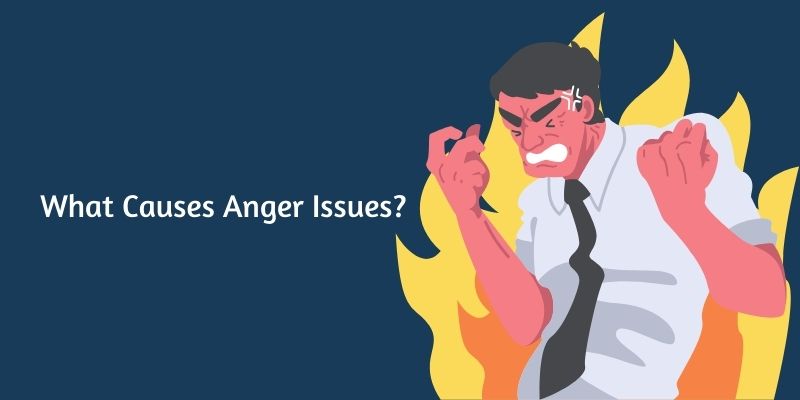
However, if anger becomes too big or happens constantly, it can cause problems in our relationships and lives.
There are lots of things that can lead to anger, so mainly, there can be many causes of anger.
It could be something happening right now that’s hard to deal with, like an argument with a friend or something that happened to us in the past, like a hurtful memory.
Everyone sees things differently, so what makes one angry might not bother someone else.
How angry we get and react to it can depend on many things, like our past experiences, personalities, and situations.
Understanding the causes of anger can help us manage it better and lead happier, healthier lives.
12 Causes Of Anger Issues Explained
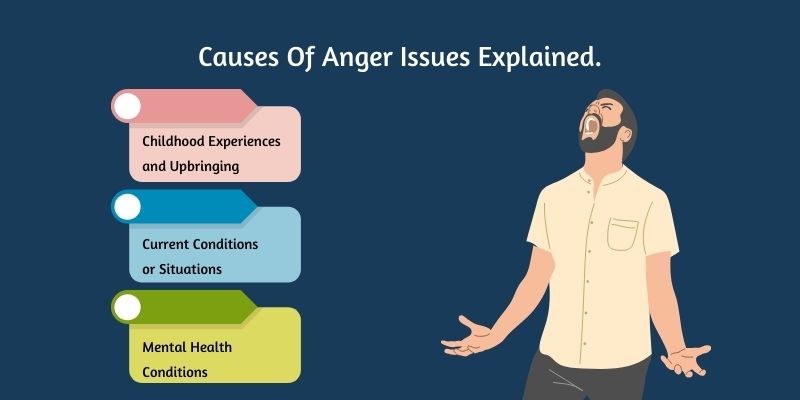
Finding the causes that can lead to anger is essential to finding the perfect approaches to manage it.
1. Childhood Experiences and Upbringing / Grown-Up Beliefs About Anger
Our childhood experiences and upbringing play a significant role in shaping our beliefs and attitudes toward anger.
For many people, how they were taught to deal with anger during childhood has a lasting impact on how they express and perceive anger as adults.
Growing up in an environment where aggressive or violent expressions of anger are normalized can lead individuals to believe that such behaviors are acceptable or even necessary in certain situations.
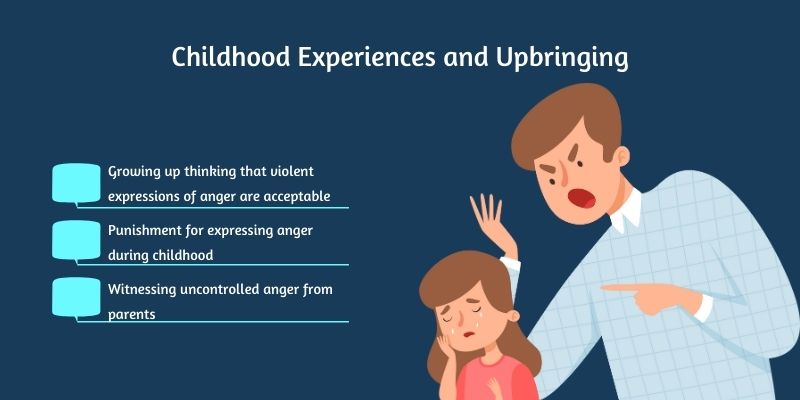
Growing up thinking that aggressive or violent expressions of anger are acceptable
Children learn by example, and the environment they grow up in significantly influences their beliefs and behaviors, including how they perceive and express anger.
If a child is raised in an environment where aggression or violent expressions of anger are normalized or even encouraged, they may internalize these behaviors as acceptable or necessary ways of dealing with conflict or frustration.
For example, if a child frequently witnesses parents or caregivers yelling, screaming, or resorting to physical violence when angry, they may come to believe that such behaviors are appropriate responses to anger.
Punishment for expressing anger during childhood
Children who are punished or reprimanded for expressing anger may learn to suppress or internalize their emotions out of fear of negative consequences.
This can lead to difficulties in effectively managing anger later in life, as suppressed emotions may manifest in unhealthy ways, such as passive-aggressive behavior or explosive outbursts.
Moreover, punitive responses to anger can foster feelings of shame, guilt, and inadequacy, further exacerbating anger issues.
Witnessing uncontrolled anger from parents or other adults
Children who grow up witnessing uncontrolled, explosive, or destructive anger from parents or caregivers may internalize these behaviors and believe they are normal or acceptable ways of dealing with anger.
This can lead to difficulties in regulating one’s emotions and expressing anger in healthy and constructive ways as an adult.
Additionally, witnessing uncontrolled anger can contribute to feelings of fear, insecurity, and instability, further complicating the emotional development of the child.
Addressing the root causes of anger-related issues often involves unpacking and challenging deeply ingrained beliefs acquired during childhood.
Through therapy, self-reflection, and learning healthier coping strategies, individuals can work towards breaking free from negative patterns of anger expression and cultivating healthier relationships with their emotions.
2. Current Conditions or Situations
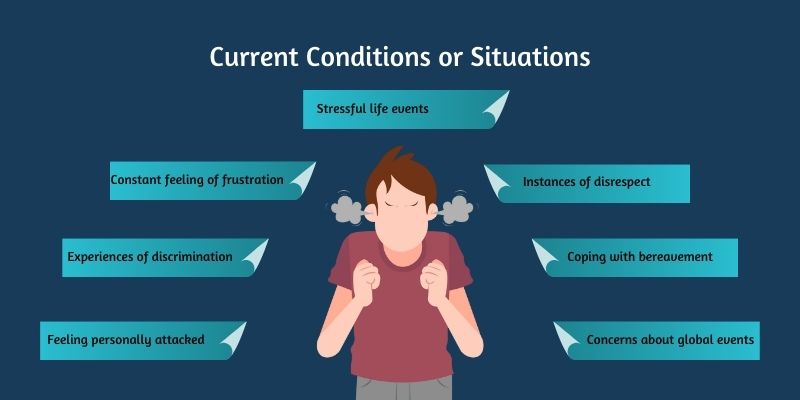
Current conditions or situations refer to the circumstances and events that individuals are currently experiencing in their lives.
These factors can have a significant impact on their emotional well-being and may contribute to feelings of anger.
Understanding the current conditions or situations triggering anger is essential for effectively managing and addressing these emotions.
People may experience a variety of current conditions or situations that can evoke anger, such as
- Stressful life events
- Constant feelings of frustration
- Experiences of discrimination or injustice
- Feeling personally attacked, instances of disrespect
- Coping with grief
- Concerns about global events
Each of these factors can play a role in influencing how individuals perceive and respond to anger.
Stressful life events
Stressful life events such as financial difficulties, relationship problems, job loss, or health issues can significantly contribute to feelings of anger.
When individuals face overwhelming challenges or uncertainties, they may experience heightened levels of stress, anxiety, and frustration, which can manifest as anger.
Coping with multiple stressors simultaneously can also deplete emotional resources, making it more difficult to manage anger effectively.
Constant feelings of frustration
Chronic anger can be fuelled by persistent frustration due to unmet expectations, unfulfilled goals, or ongoing challenges.
When individuals repeatedly encounter obstacles or setbacks in various aspects of their lives, they may develop a sense of helplessness or powerlessness, which can lead to frustration and resentment.
This ongoing frustration can erode patience and tolerance, making individuals more prone to experiencing anger in response to minor triggers.
Experiences of discrimination or injustice
Experiences of discrimination, prejudice, or injustice can evoke intense feelings of anger and resentment.
When individuals perceive themselves as being mistreated or marginalized based on their race, ethnicity, gender, sexual orientation, or other identities, it can provoke a strong emotional response.
These experiences of injustice can fuel resentment, outrage, and righteous anger, motivating individuals to speak out against systemic inequalities and advocate for social justice.
Feeling personally attacked
Feeling personally attacked or criticized, whether in interpersonal relationships, social interactions, or professional settings, can trigger defensive reactions and anger.
When individuals perceive themselves as being unfairly criticized, belittled, or insulted, it can evoke feelings of hurt, betrayal, or anger, leading to defensive or hostile responses.
This sense of being personally attacked can undermine self-esteem and exacerbate anger and resentment.
Instances of disrespect
Instances of disrespect, whether deliberate or unintentional, can provoke feelings of anger and resentment.
When individuals feel disrespected or devalued in interpersonal interactions or social contexts, it can undermine their sense of dignity and worth.
Whether it’s being ignored, interrupted, or treated dismissively, experiences of disrespect can trigger defensive or aggressive responses, leading to conflicts and strained relationships.
Coping with bereavement
Coping with the loss of a loved one through death or separation can evoke a complex array of emotions, including anger, grief, and sadness.
When individuals experience different stages of grief, they may grapple with feelings of loss, abandonment, and injustice, which can manifest as anger towards themselves, others, or even the deceased.
This anger may stem from a sense of unfairness or resentment towards the circumstances surrounding the loss, as well as feelings of helplessness or powerlessness in the face of death.
Concerns about global events
Concerns about global events, such as natural disasters, political unrest, economic instability, or environmental crises, can provoke anger, anxiety, and despair.
When individuals witness or experience the impact of global events on their lives and communities, they can feel powerless or outraged at perceived injustices or failures in leadership.
These concerns about global events can fuel feelings of anger and frustration as individuals grapple with uncertainty, fear, and disillusionment about the state of the world.
3. Mental Health Conditions
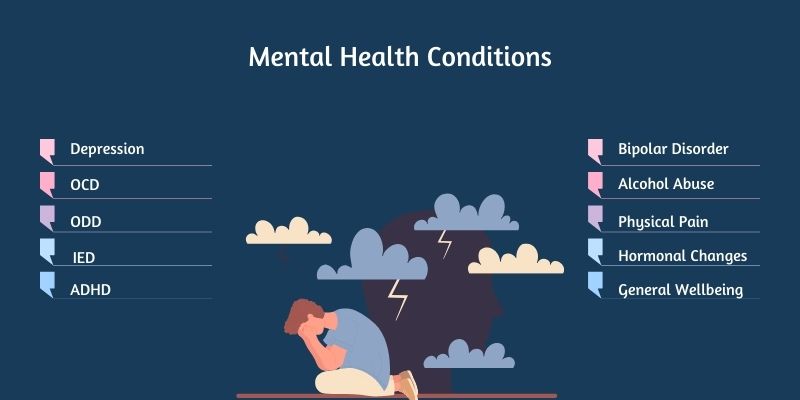
Mental health conditions can significantly impact individuals’ emotional well-being and may contribute to the experience of anger.
Understanding the relationship between mental health and anger is crucial for effectively managing and addressing these emotions.
4. Depression

Depression is a mental health condition characterized by persistent feelings of sadness, loss of interest or pleasure in activities, and other symptoms such as fatigue, changes in appetite or weight, and difficulty concentrating or making decisions.
While sadness is a well-known symptom of depression, individuals may also experience irritability, frustration, and anger.
This anger can manifest as irritability towards others, feelings of resentment or hostility, or even outbursts of rage.
It’s essential to recognize that anger can be a symptom of depression and may require treatment alongside other depressive symptoms.
5. OCD (Obsessive-Compulsive Disorder)
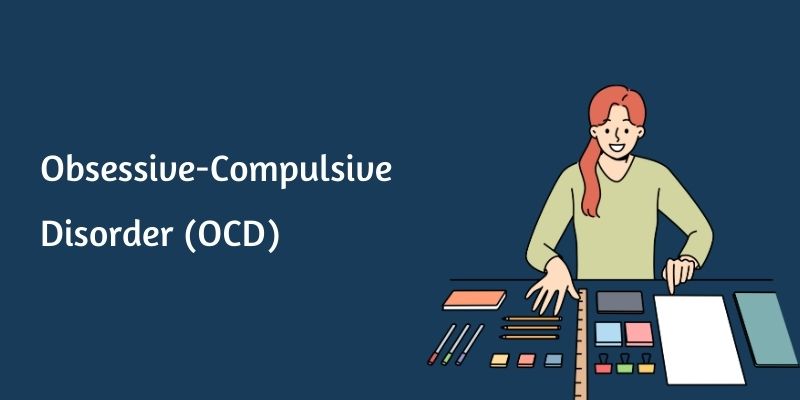
Obsessive-Compulsive Disorder (OCD) is a mental health condition characterized by the presence of obsessions, which are intrusive thoughts or urges, compulsions, repetitive behaviors, or mental acts performed to alleviate anxiety or prevent a feared outcome.
While OCD is often associated with anxiety, individuals with OCD may also experience feelings of anger and frustration, mainly when they are unable to perform their rituals or meet their obsessive demands.
The distress caused by intrusive thoughts and the need to engage in compulsions can contribute to feelings of irritability and anger.
6. ODD (Oppositional Defiant Disorder)
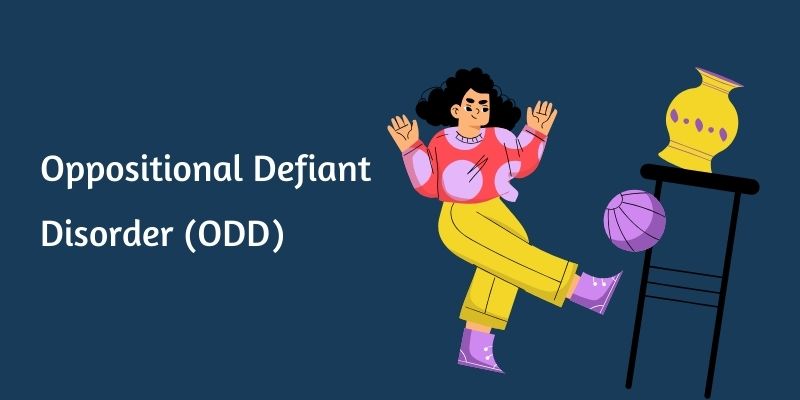
Oppositional Defiant Disorder (ODD) is a behavioral disorder characterized by a pattern of defiant, hostile, and disobedient behavior toward authority figures or rules.
Individuals with ODD may frequently argue with adults, refuse to comply with rules or requests, deliberately annoy others, and display anger and resentment towards others.
This defiance and hostility are often accompanied by anger, frustration, and a lack of impulse control.
Individuals with ODD need to receive appropriate support and interventions to address their behavioral challenges.
7. Intermittent Explosive Disorder
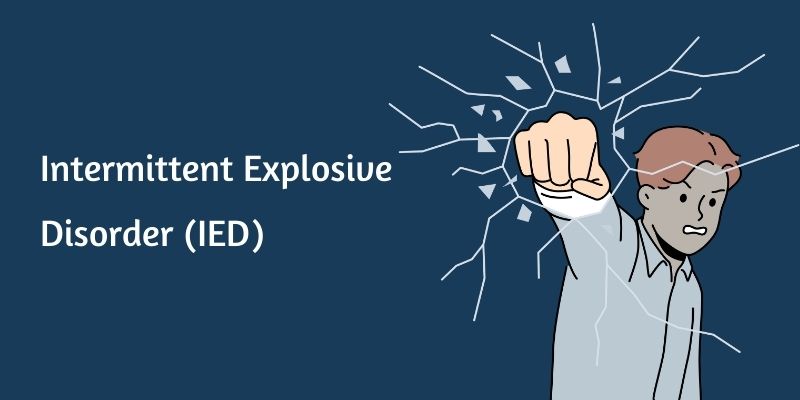
Intermittent Explosive Disorder (IED) is a mental health condition characterized by recurrent episodes of impulsive, aggressive, or violent behavior that are disproportionate to the situation.
Individuals with IEDs may experience intense anger and rage, which can lead to verbal or physical outbursts directed toward others or objects.
These outbursts may result in property damage, physical injuries, or legal consequences.
Individuals with IEDs need to seek professional help to learn coping strategies and anger management techniques to reduce the frequency and severity of their explosive episodes.
8. Alcohol Abuse

Alcohol abuse refers to the excessive or harmful use of alcohol, which can lead to a range of physical, psychological, and social problems.
Alcohol Use Disorder (AUD), including alcoholism, abuse, dependence, and addiction, affects over 14.5 million individuals aged 12 and above in the US as of 2019.
Alcohol’s psychoactive nature alters mood, with intoxication potentially leading to heightened feelings of joy, sociability, or anger. Anger is prevalent among users of alcohol, tobacco, and illicit substances.
The relationship between alcohol and anger forms a cyclical pattern. Individuals experiencing anger may resort to heavy drinking as a form of self-medication.
Yet, alcohol misuse can exacerbate irritability and hostility and even escalate to intense aggression. This cycle persists unless addressed through treatment for alcohol abuse and the underlying causes of anger.
Alcohol’s psychoactive effects can impair judgment, lower inhibitions, and increase impulsivity, leading to impulsive and aggressive behaviors.
Alcohol abuse can exacerbate underlying mental health conditions and may contribute to a vicious cycle of anger and substance abuse.
Treatment for alcohol abuse typically involves therapy, support groups, and, in some cases, medication to address underlying issues and promote recovery.
9. ADHD (Attention Deficit Hyperactivity Disorder)
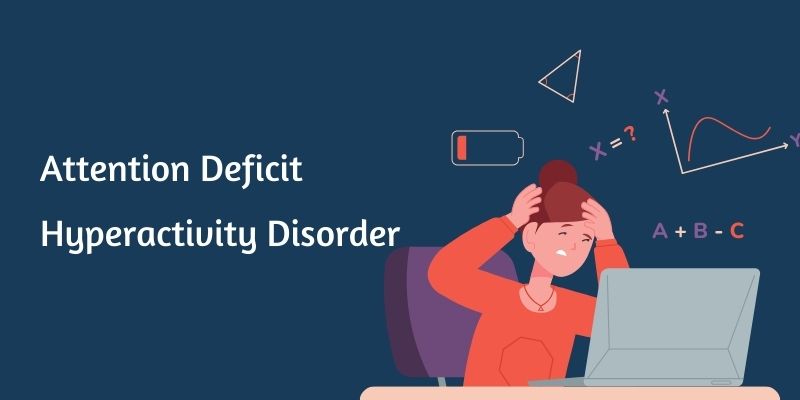
Attention Deficit Hyperactivity Disorder (ADHD) is a neurodevelopmental disorder characterized by symptoms of inattention, hyperactivity, and impulsivity.
It’s estimated that about 70% of adults report problems with regulating emotions.
They may struggle with impulse control, have trouble managing frustration, and be more prone to outbursts of anger or irritability.
Additionally, difficulties with executive functioning, such as planning, organizing, and prioritizing tasks, can contribute to frustration and anger when tasks become overwhelming or challenging.
10. Bipolar Disorder

Bipolar Disorder is a mood disorder characterized by alternating periods of mania (elevated mood, increased energy, and impulsivity) and depression (low mood, loss of interest or pleasure in activities).
Studies found that people with bipolar disorder show more episodes of rage and anger than those without the condition.
During manic episodes, individuals may experience intense anger, irritability, and hostility towards others. These feelings of anger may be accompanied by impulsive and reckless behavior.
During depressive episodes, individuals may also experience anger, often directed towards themselves, or feelings of hopelessness and despair.
Bipolar Disorder requires ongoing management with mood stabilizers, therapy, and support to help individuals cope with mood fluctuations and regulate emotions.
11. Physical Pain
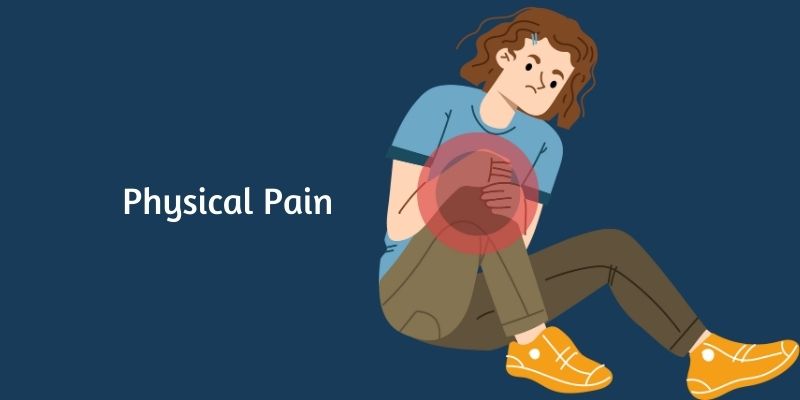
Chronic pain can significantly impact emotional well-being and may exacerbate feelings of irritability and anger.
Individuals living with chronic pain may experience frustration, helplessness, and distress from their physical symptoms.
Moreover, pain-related anger may be directed towards oneself, others, or the situation, further complicating the emotional experience of chronic pain.
Managing chronic pain often requires a comprehensive approach, including pain management strategies, therapy, and support to address the emotional and psychological aspects of pain.
12. Hormonal Changes
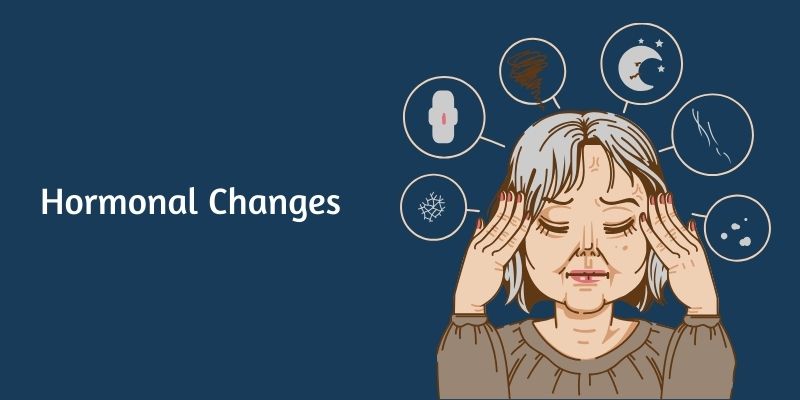
Fluctuations in hormones, such as those experienced during puberty, menstruation, pregnancy, or menopause, can influence mood and may contribute to heightened levels of anger and irritability.
Hormonal changes can impact neurotransmitter activity in the brain, affecting mood regulation and emotional responses.
During times of hormonal fluctuation, individuals may experience increased emotional sensitivity, mood swings, and difficulty controlling their emotions, including anger.
Understanding the role of hormones in influencing mood can help individuals recognize and manage their emotional responses more effectively.
General Wellbeing
Sleep, diet, and exercise can impact overall mood and anger levels. Poor sleep quality, inadequate nutrition, and sedentary lifestyle habits can contribute to feelings of irritability, frustration, and low mood.
Conversely, prioritizing self-care activities such as regular exercise, balanced nutrition, and adequate sleep can improve emotional well-being and help regulate anger.
Stress-reduction techniques such as mindfulness meditation, relaxation exercises, and hobbies can promote emotional resilience and reduce anger.
Eliminate the root cause of your anger
Dealing with sudden angry outbursts can be daunting and unsettling. It’s natural to feel scared when emotions escalate beyond our control.
However, what’s crucial is understanding how to release anger before it reaches a boiling point effectively.
If you constantly ask, “Why am I so angry all the time?” It may signal underlying issues that need addressing.
Unchecked anger can manifest in various forms, such as displaced anger or uncontrolled rage, affecting our relationships and overall well-being. Displaced anger occurs when we direct our frustrations onto innocent bystanders or unrelated situations.
Uncontrolled anger, on the other hand, can lead to destructive behavior and strained interpersonal connections. Recognizing these signs is the first step towards controlling your anger.
If anger feels overwhelming or unmanageable, seek help through anger management classes. These classes provide practical tools and strategies for understanding and managing anger effectively.
By learning healthy coping mechanisms and communication skills, individuals can constructively navigate challenging emotions, fostering healthier relationships and improving overall quality of life.
In cases where anger becomes a persistent issue, seeking professional guidance from therapists or counselors specialized in anger management can offer personalized support and insights.
Through therapy, individuals can explore the root causes of their anger, develop coping strategies, and work towards long-term emotional balance and well-being.
Seeking help is a proactive step towards regaining control over anger and leading a more fulfilling life.
Conclusion
Addressing anger is vital to maintaining emotional well-being and fostering healthy relationships.
While experiencing occasional anger is natural, allowing it to escalate unchecked can harm our lives.
Recognizing the signs of uncontrolled anger, such as frequent outbursts or feelings of constant irritability, is crucial in taking proactive steps toward resolution.
By acknowledging the root causes of our anger and seeking appropriate support, whether through anger management classes, therapy, or counseling, we empower ourselves to break free from destructive patterns and regain control over our emotions.
Through self-reflection, mindfulness practices, and effective communication, we can learn to express our emotions in healthier ways. This can reduce the likelihood of harmful outbursts and foster greater understanding and empathy in our relationships.
By prioritizing our mental and emotional well-being, we can lead a more fulfilling and harmonious life characterized by greater resilience, self-awareness, and connection with ourselves and others.
It’s never too late to seek support and journey towards greater emotional balance and inner peace.





Responses